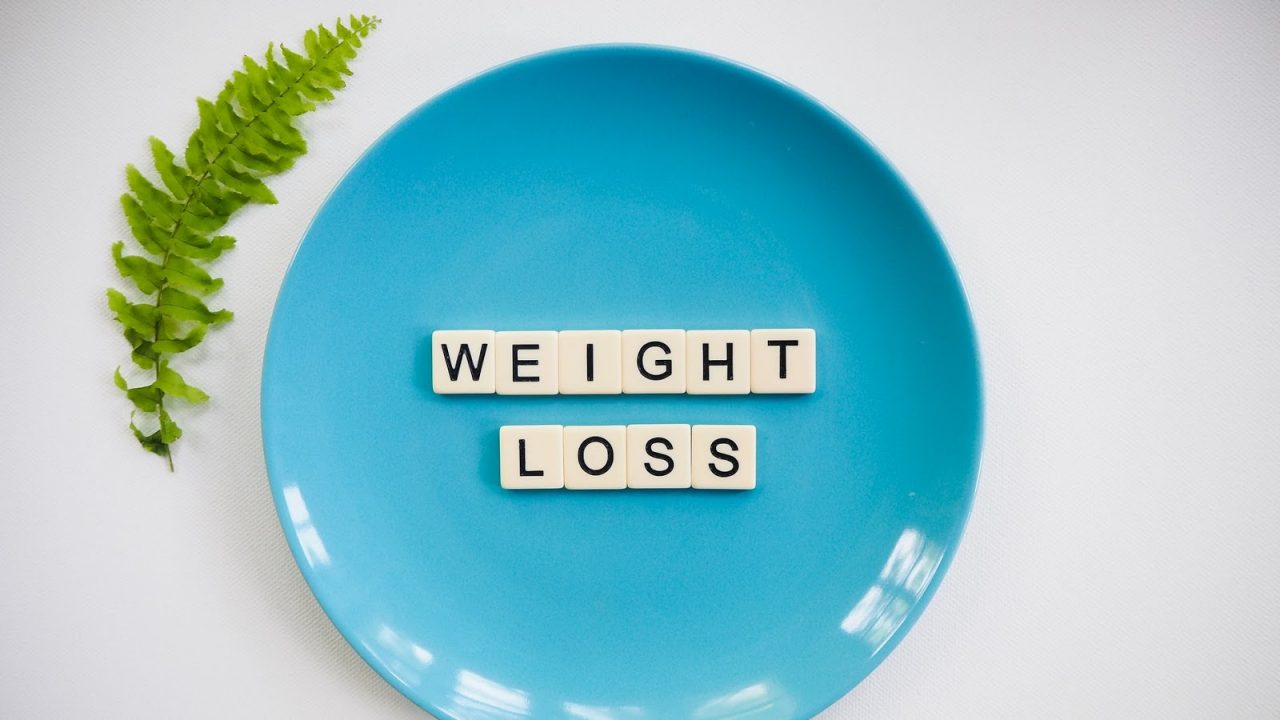What is the 5:2 Diet?
You’ve probably been doing intermittent fasting but haven’t realized it – it’s when you undergo regular periods of not eating, at least 12 hours a day, a few days or seven days a week. Intermittent fasting (IF) has become wildly popular because it’s easy to follow and commit to, and it does lead to weight loss. The 5:2 Diet is a type of intermittent fasting wherein you eat regularly 5 days a week, and consume minimal amounts of food during the other 2.
Read on to learn more about the 5:2 Diet.

The 5:2 Diet and Intermittent Fasting
There are several types of intermittent fasting, depending on how long you fast. The 16:8 is the most popular, wherein you fast for 16 hours and limit your hours of eating within the other 8 hours of the day. The other types that fit within the 24-hour window are the 12:12, the 20:4, and the 24-hour fast.
The 5:2 diet involves eating regularly for 5 days and drastically limiting the consumption of calories during the other 2, non-consecutive days.
One of the goals of intermittent fasting is to facilitate weight loss by “resetting” your metabolism, so that your body taps into its fat stores for energy when there’s no longer any glucose that is readily available.
Glucose, which is derived from all the carbohydrates we eat, is our body’s main source of energy. Any excess glucose is stored by the body as fat, for later use. When you fast, your calorie intake is limited within a shorter time frame. This means that your body does not get its usual and ready supply of energy from glucose, so it is forced to burn fat for fuel, instead.
While the 5:2 diet is considered a form of IF, no true fasting is involved. The 5:2 diet merely significantly reduces calorie intake – to only 25% of a person’s regular daily calorie intake, to be more specific – during the 2 “fasting” days of the week. So if you regularly consume 2,000 calories per day, you will only limit yourself to 500 calories during your fasting days.
The 5:2 diet is extremely popular among followers of IF because it is highly flexible. You choose which 2 days you’ll go on your severely restricted calorie diet; and you get to stick to your normal eating habits the other 5 days of the week. But it is important to maintain a well-balanced diet during these 5 days if you wish to achieve real results.
Many people opt for the 5:2 diet because there’s no sense of deprivation and frustration, which usually accompanies other restrictive or strictly structured weight-loss diets – you don’t have to give up any food. It’s also easy enough to incorporate into one’s schedule and lifestyle.

The Health Benefits of the 5:2 Diet
Most people who practice IF do so to lose weight. The 5:2 diet does help create a calorie deficit during the 2 fasting days so that the body burns extra fat, instead.
A number of studies that looked into the benefits of intermittent fasting has found that it can effectively lead to a reduction in cells that store fat and in fat tissue. One particular study also revealed that intermittent fasting is an effective way to restrict calorie consumption for weight loss.
Intermittent fasting may also help reduce insulin levels, which can help reduce the risk of diabetes. Our insulin levels spike within the first two hours after consuming carbohydrates; for people who are already overweight or obese, reducing calorie intake from carbohydrates to 25% can definitely help keep their insulin levels low.
Achieving a healthy weight through the 5:2 diet will also reduce risks for other conditions, including cardiovascular disease and stroke.
How Should You Eat During Fasting Days?
There are no specific guidelines on how you should eat during the 2 fasting days of the 5:2 diet. It can still be a real struggle to only limit yourself to a quarter of the calories that you normally eat, so you should be smart about how you should eat during your fasting days.
Firstly, choose 2 days when you know you’ll just be at home and won’t require more fuel for your activities. As much as possible, make sure that there are no temptations in your kitchen and pantry; you can’t eat something if it’s not there. So you can also schedule your fast on days when you’re low on food supplies.
Secondly, limit your meals to only 3 small meals, or 2 slightly bigger meals, spaced out evenly throughout the day. Find a pattern that works best for you. If you can skip breakfast, then wait for as long as you can before eating your first meal of the day; eat your 2nd meal at least 3 hours before you go to bed.
Remember that you have a very limited number of calories allowed, so use this budget wisely. Choose foods that have a low-calorie density so you can eat more of them. These are usually foods that are high in fiber and water content. They’re also more filling, and so are high-protein foods. At least one of your meals should be soup because it will fill you up and can be easily modified in many different ways to also make it satisfying to your palate.
Snacking is not allowed during fasting days. And you can only drink water and plain tea or coffee.
Your first few fasting days may be difficult; you may be overwhelmed by hunger; you’ll feel weak and you may even feel ill. You can have a light snack handy for these first few days for when you feel weak, faint, or ill. Around your third week, your body should have already adjusted and your fasting days will be easier.

Is the 5:2 Diet Safe for Everyone?
The 5:2 diet, and intermittent fasting in general, should be avoided by the following individuals:
- Those who are prone to drops in blood sugar levels.
- Those with type 1 diabetes.
- Pregnant women or nursing mothers.
- Women with fertility issues or are trying to get pregnant.
- Children and teenagers.
- Malnourished, underweight, or nutrient-deficient individuals.
- Those with a history of eating disorders.
The 5:2 Diet – Final Thoughts
The 5:2 diet is a straightforward and effective way to limit calorie intake for weight loss. It is a flexible plan that can be easily incorporated into any lifestyle. It is highly popular and recommended because it works and is fairly easy to commit to, especially when compared to other calorie-restricted weight-loss plans.


